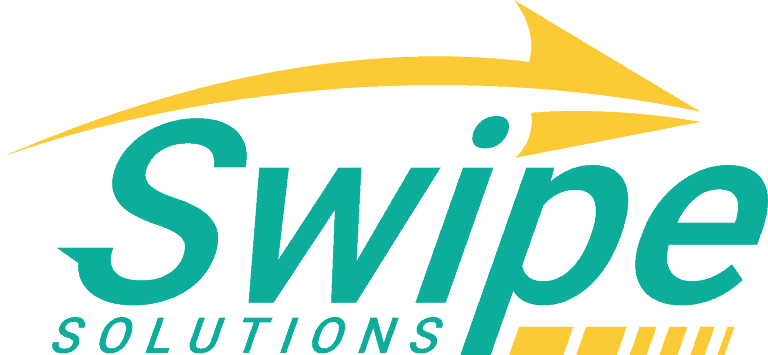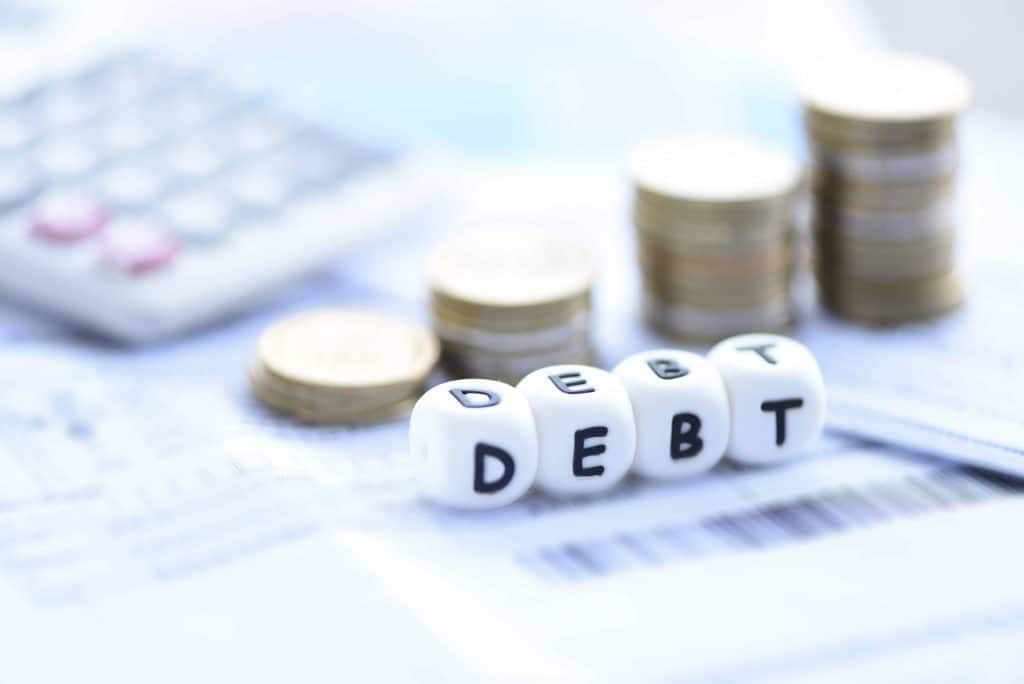You and I both know how much being in debt sucks. You’re never sure which bills to pay at which time. You also never know when any job you have might disappear, leaving you awake at night worrying about the future. Fortunately, we have a solution for you.
What is a Debt Consolidation Loan?

Basically, such a loan is a method where you take all your debts, particularly those with high-interest rates, and find a lender to give you enough money to cover them all at a lower interest rate than what you had.
Most of the time, people who take out debt consolidation loans have some sort of collateral against which they can borrow. This is usually a house. Either their houses are paid off, in which case people open a mortgage against the value of the home, or they have enough equity in the home to take out a loan in second lien position.
What if You Don’t Have Collateral?
You may not own your own home. Or, your home may be “underwater,” which is a case where you owe more on your mortgage than the home is worth. You may even be in a situation where you have lost your home or are desperately trying not to lose it.
In many of these cases, you cannot secure traditional loans because you don’t have a home, whole life insurance policy, annuity, or even an old beater car against which you can borrow. If this is the case, your only option is what’s called a personal loan. Sometimes, it’s also called an unsecured loan. These are loans that are not backed by collateral.
How Do Personal Loans Work?

You and I both know what’s coming: the credit check. If you’re in the situation we think you are, you might be fearful of such an inquiry. Your credit might not be great. You might even see a bankruptcy on the horizon. These are harsh realities, but you have to face them if you are ever going to get “out from under.”
After the credit check, we’ll assess several items before issuing you a personal loan. The first thing we’ll look at is the total amount you need to borrow and compare it to your assets and income. This comparison is called your debt-to-income ratio. You want this percentage to be as low as possible. Generally, 20 – 30 percent are considered low numbers. In situations where you’re considering a debt consolidation bad credit loan, however, that ratio is likely to be quite high.
We’ll look at your job history and status. If you’ve been at the same job for a few years, and your life is stable, that will count in your favor. If you’ve been job hopping, that might not be the case. Rest assured, however, that we will assess your case on its own merits and not try to pigeonhole you.
If We Have to Say No …
We hate doing it, but there are instances where we must. If we tell you “no,” that does not mean “never.” There are things you can do to improve your chances of getting a bad credit loan to consolidate your debts.
First, you could boost your income. Have a tag sale. Drive for Uber four nights a week. Deliver pizzas on the weekends. There are plenty of things you can do to earn more money. Every little bit helps. Let’s look at an example:
You make just $4,000 a month. Your debt payments come to $1,800 per month. That’s a debt-to-income ratio of 45 percent. In many cases, financial counselors recommend bankruptcy at that point. But, let’s say you take the ride-share and pizza delivery jobs.
According to a new study, Uber drivers average $14.73 hourly, including tips. The median hourly wage for pizza delivery is about $9 an hour, and the median for tips is about $4 an hour. So, that comes to $13 per hour.
If you drive 20 extra hours a week for Uber and sling pepperoni for 10 extra hours on the weekend, that’s just about $425 extra per week, which comes out to an extra $1,700 per month. With the same amount of debt payments, your debt-to-income ratio is now 31.58 percent. We like that number a whole lot better than 45 percent!
Sure, you’ll be running yourself ragged working 70 hours per week, but those are the kind of sacrifices people have to make to get out of crushing debt. Remember it’s easy to get a good credit loan. When you have bad credit, getting a loan at all is a chance to make things better. It will be a tough row to hoe, however.
You should also craft a plan to pay off debts strategically. Having a lot of debt will affect your credit check results. You should “make a dent” in what you owe before applying for your debt consolidation loan. Start with the debt with the highest interest rate, which is usually a credit card. Pay it down a little more than the minimum payment for a few months. Use some of the extra money you make from your “raise-the-income” efforts.
About That Credit Report …
There might be some bad stuff on your credit report that you can dispute. The worst they can say is, “No, you still owe this.” Your creditors, however, will have to validate any debt on your credit report if you ask. Because the worst they can say is no, it is definitely worth it to ask for validation because any debt they cannot validate is treated as inaccurate. Inaccurate debts can be removed from your credit report.
Keep an eye out for fraudulent stuff too. You could have an 800 credit score and suddenly find yourself in the mid 500s if some nefarious ne’er-do-well gets a hold of your information. You can get a free copy of your credit report from each of the three major bureaus every year.
Do some “credit report spring cleaning” before applying for any kind of loan. The fewer bad things there are on your credit report, the better the chance of you receiving your loan. You might even enjoy the bonus of the low interest rates for a good credit loan.
Is it Really Worth it to Get a Personal Loan to Consolidate Debt?
Credit cards rack up 19 percent interest. Some other debts charge more. Some car loans are as high as 10 or 11 percent. Charged-off debts could be as bad if not worse. Well, how about this? Our debt-consolidation product costs only an extra 4.99 percent APR. How much will that help you?
Let’s go back to the example from before. Let’s assume your total debt is $100,000 and that the average interest rate from all your debts is 12 percent. The amount you owe will increase by $12,000 annually. You’re paying $1,800 monthly for your debts, which comes to $21,600 per year, but because of the interest, you’re only paying $9,600 down on your total of $100,000.
Now, let’s say you receive a loan from us for the full $100,000 at 4.99 percent. Now, your debt only grows by $4,990 per year. That means that you will pay down the debt by about $16,000 per year! If you take out the loan from us, you will be paid off in just about half the time. Does that not sound worth it to you? What if we told you that, through all of our efforts, we might be able to get you out of debt and back into a comfortable life in 48 months or less? We think you’d be jolly happy. Are we right?
What Else Happens When You Pay Down Your Debt?
First of all, your credit score improves. Not only are you reducing the amount you owe, which lenders and other entities who rely on credit to make decisions like, but you are also making regular payments. Those people love that even more. You’re “rebuilding your brand” as it were.
As you pay down debt, you will also notice that your spending habits improve. We’re not saying you’ll become a tightwad, but you’ll become savvier about what to spend when. Our philosophy isn’t that we teach you to become responsible. Rather, we give you the tools and help you teach yourself to be responsible.
Once your debt shrinks, or even disappears, now you can begin saving for other stuff that’s more important, like your children’s college education, a de-stressing vacation somewhere you’ve always dreamed of going, or similar. Most of all, you will be retaking control of your life. The debt-free life is a happy life, and we’d be honored to help you get there.
You’re Going in the Right Direction … Now What?
The one thing that you don’t want is to go back into debt. You will have learned lots in this process, but you are human. You make mistakes. There are ways to keep yourself in good standing once the King Kong-sized debt monkey is off your back. First, it would probably be a good idea to protect your newly rebuilt credit with identity protection.
Even if you hadn’t been defrauded as part of your spiral into debt, there’s no telling when it might happen thereafter. Most identity protection products are not overly expensive, and they provide a great benefit in addition to protecting you: You get to look at your credit score and report more than once a year.
If you don’t want to spend even the nominal amounts involved, you can monitor your own credit by staggering your requests for your credit reports every four months. For example, you ask TransUnion for your credit file with them in April, Equifax in August, and Experian in December. That won’t cost you anything.
All in All
Here is a handy checklist to which you can refer when beginning your credit repair journey:
- Assess all of your debts.
- Improve your debt-to-income ratio.
- Begin paying down your debt, starting with the item with the highest interest rate.
- Gain copies of your credit report.
- Validate all negative items on your credit report.
- Remove fraudulent and inaccurate items from your credit report.
- Talk to us about a personal debt consolidation loan.
- Enjoy taking control of your life!
When all is said and done, you have to be the one to start the ball rolling. As you can see from all of the above, it makes a ton of sense to consolidate your debts into a single, low-interest payment. Not only does that reduce the amount that you will pay overall, but it also simplifies your life. You won’t need to worry about multiple due dates, late fees, interest penalties, and what not.
Instead, you will have only one, easy-to-remember payment with us each month. As they say: Mission accomplished. Does it not sound good to you? Do you think it’s wise to wait even a single day before beginning your credit reclamation project? You and I both know it’s not, so what on Earth are you waiting for?



